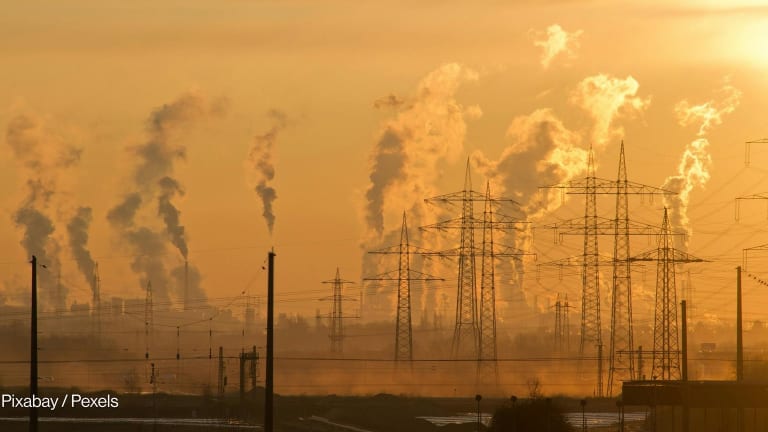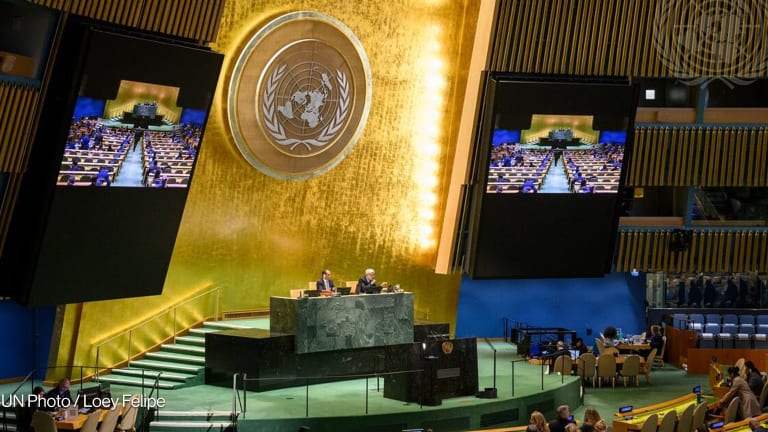It’s that time of the year again when the global health community gathers in Geneva for the 78th World Health Assembly to tackle pressing global health challenges.
This year’s WHA is taking place amid seismic shifts in global health. The pause and succeeding termination of thousands of programs run by the U.S. Agency for International Development have led to health facility closures and disrupted many health programs, from HIV and AIDS prevention and treatment to a range of health care services for women. Donor funding cuts have also forced many health organizations, including United Nations agencies and programs, to substantially reduce their workforce. UNAIDS is letting go of more than 50% of its staff, and the World Health Organization is shrinking its workforce, including senior management.
But while the pie for global health funding is becoming smaller, the challenges are ever-growing. Countries are dealing with a rise in noncommunicable diseases and more frequent extreme weather events that increase people’s risks of death and diseases, and the comeback of vaccine-preventable diseases, such as measles, in places where it was once eliminated.
Search for articles
Most Read
- 1
- 2
- 3
- 4
- 5








